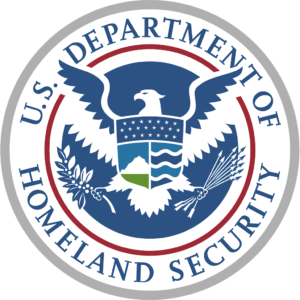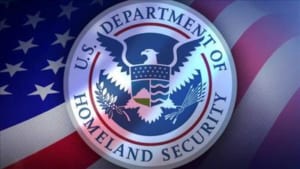 In rare bit of positive news from the U.S. Citizenship and Immigration Service (USCIS), the agency has announced plans to maintain operations in seven international field offices in Beijing and Guangzhou, China; Nairobi, Kenya; New Delhi, India; Guatemala City, Guatemala; Mexico City, Mexico; and San Salvador, El Salvador. This is a shift from the original plan announced earlier this year to close all international field offices by early 2020.
In rare bit of positive news from the U.S. Citizenship and Immigration Service (USCIS), the agency has announced plans to maintain operations in seven international field offices in Beijing and Guangzhou, China; Nairobi, Kenya; New Delhi, India; Guatemala City, Guatemala; Mexico City, Mexico; and San Salvador, El Salvador. This is a shift from the original plan announced earlier this year to close all international field offices by early 2020.
USCIS plans to close the remaining thirteen international field offices and three district offices between now and August 2020. The first planned closures are the field offices in Monterrey, Mexico, and Seoul, South Korea, at the end of September, although the office in Manila, Philippines has already ceased operations. The office in Bangkok, Thailand appears to remain on the list of one of the thirteen offices to be closed.
Many functions currently performed at international offices will be handled domestically or by USCIS domestic staff on temporary assignments abroad.
As part of this shift, the Department of State (DOS) will assume responsibility for certain in-person services that USCIS currently provides at international field offices. At this time it is unclear yet how the closings will impact those needing services in East and South East Asia once all but the China offices are closed.
For more information about the closing of your local USCIS offices as well as the effects on your visa application matter, contact us today to schedule a consultation with experienced U.S. immigration attorneys.








